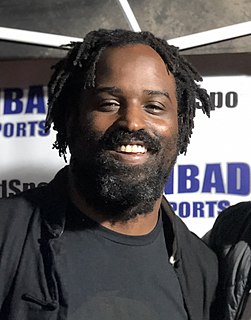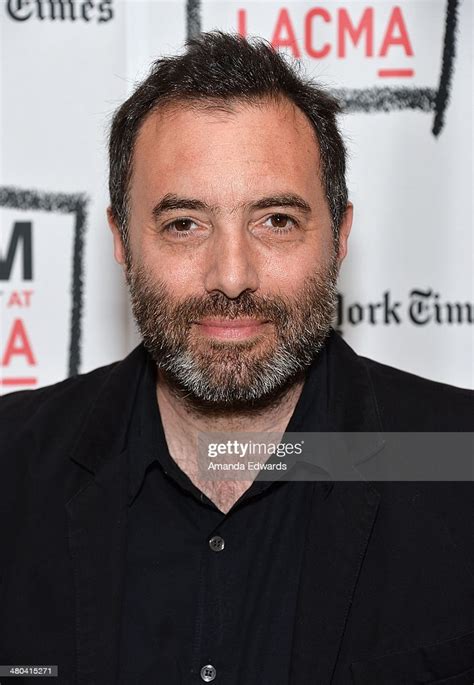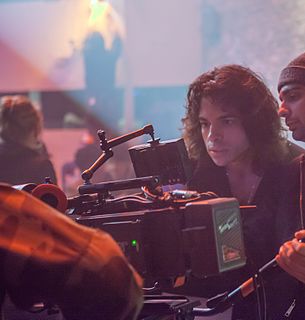A Quote by Nick Petrie
Character drives the story, and the story drives the book. I don't think about where the action should go, or how much there should be, until it's required by the characters. When I find myself adding conflict just because I'm afraid that the reader might get bored, I know I've taken a wrong turn somewhere.
Related Quotes
When I'm writing a script, I don't worry about plot as much as I do about people. I get to know the main characters - what they need, what they want, what they should do. That's what gets the story going. You can't just have action, you've got to find out what the characters want. And then they must grow, they must go somewhere.
Your opening should give the reader a person to focus on. In a short story, this person should turn up almost immediately; he should be integral to the story's main action; he should be an individual, not just a type. In a novel, the main character may take longer to appear: Anna Karenina doesn't show up in her own novel until chapter eighteen.
When a story or part of a story comes to me, I turn it over in my mind a long time before starting to write. I might make notes or take long drives or who knows what. By the time I give myself permission to write, I know certain things, though not everything. I know where the story is headed, and I know certain crucial points along the way.
The story [for the western genre] is everything. Whether it's a book or a screenplay, the story drives everything. And if you just go out and try to make one by putting on boots and jumping on a horse and riding off... If you don't have the material, the characters and the things to overcome and conflicts that give life to drama, you don't have it.
A comfort zone can be a mental state:Belief in God is a lot of peoples's comfort zone. Dont get me wrong, I'm not knocking faith; I just dont think you should have it because it makes you feel safe. I think you should have it because you do. Because somewhere deep inside you, you know beyond equivocating that something greater, wiser and infinitely more loving than we're capable of understanding has a vested interested in the universe, in the way things turn out. Because you can feel that, as much as the forces of darkness might try to gain the upper hand, there is an Upper Hand.
I believe a good writer can write a good book with any sort of character, in any sort of setting, but I prefer to write about the outsider. It might just be because I've been one (or perceived myself to be one) for so much of my life. But the simple fact of being marginalized immediately brings conflict to a story before the narrative even begins, and that's gold for a writer because it means that your character already has depth before events begin to unfold.
Some TV shows are like really good novels in that there are enough episodes that you start to have your own feelings about how the characters should act. When the scriptwriters go slightly wrong, when they make the character make a left turn that he or she wouldn't do, you know enough about the characters to say, "No, that's not what she would do there. That's wrong." You can actually argue with a TV show in a way that you can't do as much with movie - you inhabit a TV show in the way you inhabit a novel.
There are all sorts of theories and ideas about what constitutes a good opening line. It's tricky thing, and tough to talk about because I don't think conceptually while I work on a first draft -- I just write. To get scientific about it is a little like trying to catch moonbeams in a jar. But there's one thing I'm sure about. An opening line should invite the reader to begin the story. It should say: Listen. Come in here. You want to know about this.






































